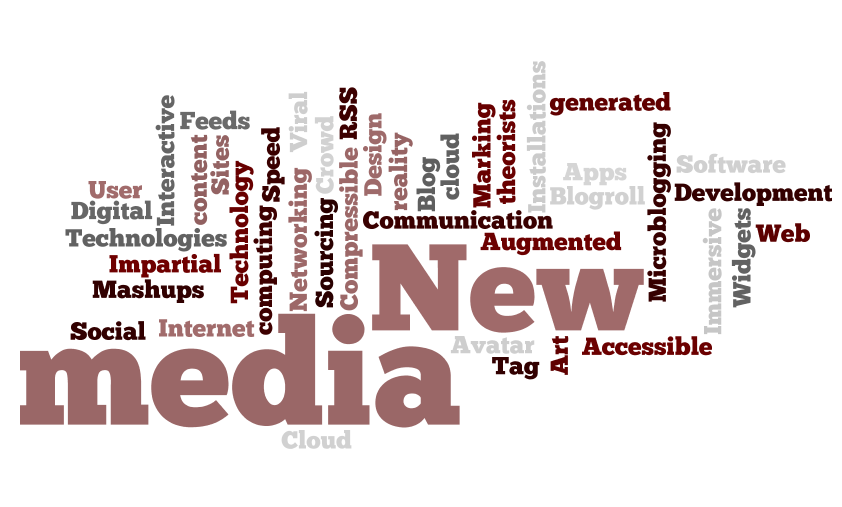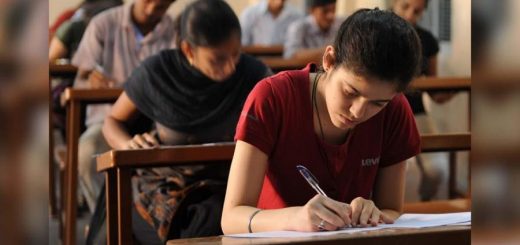COVID-19 will bring challenges and opportunities as well

S Vishnu Sharmaa, INN/Chennai, @Svs03
The outbreak of COVID-19 in India more than three months ago has brought the entire nation to a standstill. Economic progress has considerably slowed down while affairs on the academic front refused to surge ahead.
Infodea spoke to vice president of the Vellore Institute of Technology (VIT) Sankar Viswanathan on the challenges bothering the education sector currently and the road map ahead for it. Here the excerpts from the interview
Q: What impact will COVID-19 have on the education sector in general and how will it impact your institution on a broader level.
A: This pandemic situation has created both negative impacts and opportunities in the educational sectors. A multi-pronged stratagem is necessary to accomplish the
catastrophe and build a resilient Indian education system in the long term.
Facing a crippling pandemic, technology has emerged as a major elixir. Communication becomes a major key to our consistent existence and technology is the driving force that maintains our connections.
In general, the swift, unexpected change from conventional learning to online learning seems to be difficult for countries like India.
Since online learning was not equipped fully and the curriculum was not designed for such a template. This situation has created the risk of most of the students becoming passive learners and they appear to be losing interest due to the low degree of attention span.
The online teaching-learning pedagogy is not new to VIT. We are pioneers in the paradigm shift. It is not just about altering the academic calendar but also pushing for new modes of learning, pedagogy, and teaching that will lead to bigger, fundamental
changes going forward. A large number of academic meetings, seminars, and virtual conferences are moving online at VIT.
We are practicing approaches like integrated learning and experiential learning, with greater implementation of technology.
Q: How long will the COVID 19 situation delay the commencement of admissions and classes subsequently this academic year?
A: We are waiting for the directions from the regulatory agencies mainly for preparing the academic calendar for the forthcoming year.
We will be able to fix the dates for the admission process and subsequent counseling. The admission for all our PG programs will be based on their Bachelor’s (Under Graduate) degree performance, instead of conducting an entrance exam (VITMEE).
For the 5 year integrated programs like M.Tech. (Software Engineering) and M.Sc., once the 12 th standard exam gets over, the students can apply for the same.
However, all these admissions will be only through online counseling mode. VIT has enhanced its online visibility via. engaging through online chats, the use of social media, and through e-mails.
We have also arranged for virtual campus tours to showcase the campus life and facilities available.
For our UG admissions, we are working out to provide the flexibility in terms of test centers, the extended window for test period with appropriate time periods for ensuring the sanitation of test centers and social distancing.
Q: Will the delay in the starting of the present academic year have an impact on the commencement of next year? If yes what will be the impact?
A: We hope this pandemic situation will come to an end soon. Of course, if the situation prevails, there will be a minor delay in the commencement of the next year as well.
This delay will further alter the academic calendar and the duration of summer internships.
Q: Taking the present situation as a lesson, what should educational institutions do to prepare themselves to handle such situations in a better manner in the future?
A: The teaching-learning pedagogy and the way curriculums are taught should change. Features that were once considered essential to education maybe
reviewed to principally accommodate life skills of the future.
There must be a shift required from conventional learning models to a model of mixed learning where both face to face delivery along with an online model
will become the norm.
There is a great opportunity for universities and colleges to start improving the quality of the learning material.
This mixed learning will be the new format of learning and finding new ways to design and deliver quality content especially due to the fact that the use of learning management systems will bring about
more transparency in academics
Q: What impact will be there on placements this time owing to COVID 19 situations?
A: Amidst this pandemic situation, more than 100 M.E. and M.Tech. Students have been offered a 10-month internship program. Nearly 25 companies have confirmed their participation in the remote internship process.
Virtual onboarding across the world is working well for many companies. The senior leadership is continuously monitoring the situation and leveraging technologies like telepresence and video conferencing to
ensure business continuity.
Though the situation appears to be slightly abnormal, it will change in the course of time.
Q: Some top companies are said to have rescinded job offers already made due to COVID 19? How do you take this situation?
A: I can say that the rescinded job offers are not too high. The IT giants and another tech
giants who are visiting regularly VIT for campus hiring assured that they would honor those candidates whom they have already rolled out the offer letter.
The commitments made to campus hired-freshers as well as lateral are being honored by our recruiters. Soon after the pandemic situation, many industries from Europe.
The USA will be starting off their plants in India and there are rays of hope regarding the placements.
Q: And how can students be prepared to handle such situations and how educational institutions can boost the morale of the students under such critical circumstances?
A: Not just careers, but residents of the future as well, the students should acquire skills like resilience, adaptability, collaboration, communication, empathy, creativity, and emotional intelligence.
This pandemic situation has revealed that quick responses to cataclysms and quick implementation of alternative solutions in trying times are important for continuity and resilience.
This is also a momentous cue to the education community that the skills the students most need in this unpredictable world are an ability to handle unexpected realities, making informed decisions, creative problem
solving, and perhaps above all, adaptability.
Q: There is a wide spread opinion that syllabus must be reduced this time for both school and college education? Will that not impact quality of learning? If not how can quality be maintained even after reducing the syllabus?
A: In my opinion, there is no need of compressing or reducing the syllabus. Already, we are conducting online classes and there are so many ways to complete the syllabus.
We should not compromise on the quality of education.
As far as the school education is concerned, the students coming from the rural background may not be able to have the access to internet sources.
For few subjects like Social Science and languages, the syllabus may slightly be compressed and not for Maths, Science courses.
Q: Do you see new learning and teaching methods in our education due to COVID 19 impact?
A: Yes. Many universities and schools prefer to conduct the teaching-learning process through online mode. Continuing education through alternative learning pathways, as soon as possible, must also be a top priority right now, The platforms like Coursera and edX have a good reach amongst millions of students in India.
Some institutions have already started edX MicroBachelors and MicroMasters programs into their on-campus IT and computer application degree.
However, online teaching-learning will not be an effective solution for the courses related to skill development – the laboratory and the project-oriented courses.
The adoption of technology in education has led to an unprecedented transformation from teacher-centric education towards student-centric education.
Virtual classrooms and various online tools are helping to continue and enhance the engagement between the
teacher and students are as close to the classroom-type experience.
Q: Will COVID 19 also give rise to new courses in the fields of engineering which can help students in the future?
A: Definitely. There are more chances of arising new courses both in interdisciplinary and transdisciplinary fields of engineering. A collective effort of engineering teams across the disciplines resolved many disasters and it will become more now.




